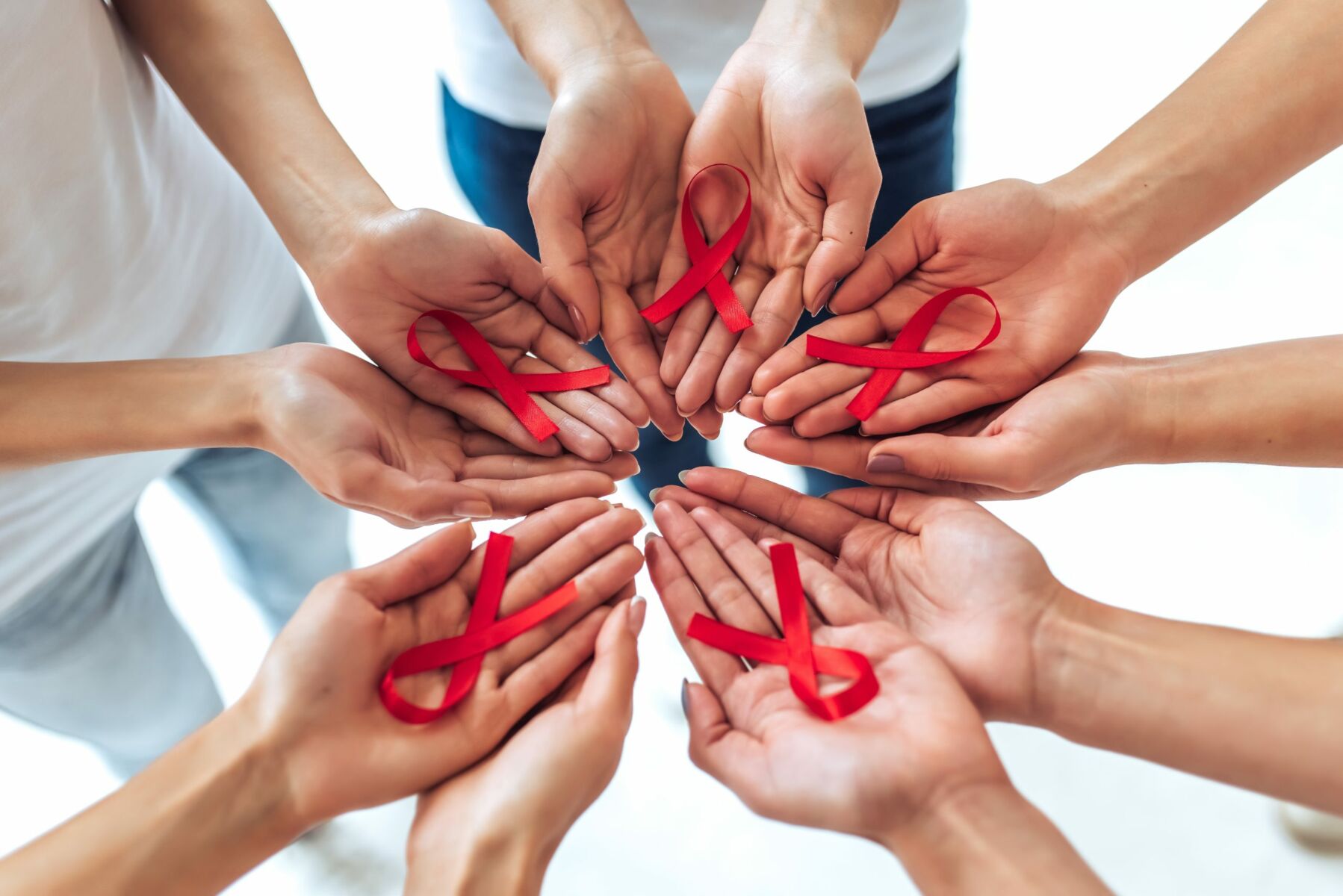Stigma strikes: HIV shatters career dreams of two young Thai men

In a heart-wrenching tale from Thailand, two young men, driven by noble pursuits, have seen their career dreams dashed due to the crushing stigma surrounding HIV.
One man hoped to step into his late father’s shoes as a police officer in the troubled southern regions while the other longed for the skies as a 27 year old flight attendant.
Both passed their exams with flying colours, only to be rejected solely for being HIV-positive, highlighting Thailand’s ongoing battle with discrimination against people living with HIV (PLHIV).
Despite Thailand’s cutting-edge treatments that let those with HIV lead healthy lives, rampant workplace prejudice still prevails. As the world observed Human Rights Day just yesterday, December 15, the spotlight landed on this pressing issue.
Supattra Nakapew of the Thailand Human Rights Commission revealed that, over the past three years, 32 complaints poured in citing discriminatory hiring practices against PLHIV in both public and private sectors.
“The discrimination often starts at the recruitment stage, where an HIV test is unjustly required.”

The commission has been pushing employers and hospitals to mend their ways. While some showed willingness, entrenched societal perceptions about HIV/AIDS remain stubbornly unchanged, fuelling myths that PLHIV are weak and a health threat.
Philin Duangmala, manager at the Foundation for Action on Inclusion Rights, echoed these woes. She pointed fingers at government hiring protocols still brandishing HIV as a deal-breaker, despite Labour Ministry pleas urging firms to ignore HIV status in job decisions.
Regulations, particularly from the Royal Thai Police, continue to kick candidates to the curb for their HIV status alone.
“Many candidates meet all other requirements but are disqualified due to their HIV status. PLHIV can be as strong and productive as anyone else.”
In the battle against this unjust discrimination, five anti-discrimination bills are on the table, one of which the Justice Ministry drafted and recently submitted to the Cabinet, Bangkok Post reported.
Although the Council of State Office waved it off as redundant, talks are underway to push for a resubmission before year’s end, said Supattra, underscoring its significance as Thailand eyes a seat on the UN Human Rights Council for 2025-2028..
“This legislation is crucial for Thailand, aligning with the United Nations’ goals to end inequalities. If anyone witnesses discrimination against PLHIV, they should report it.
The call for change is clear: dismantling outdated biases and ensuring equal opportunities for all, regardless of HIV status. By doing so, Thailand can set the stage for a fairer, more inclusive society.

What Other Media Are Saying
- UNAIDS highlights the significance of the U=U concept in transforming societal attitudes towards HIV, advocating for informed choices and community-led healthcare to reduce stigma and enhance treatment access. (read more)
- Bangkok Post highlights the ongoing discrimination against HIV/Aids sufferers in Thailand’s job market despite medical advancements, urging legal reforms to protect their rights and combat deep-rooted misconceptions. (read more)
Frequently Asked Questions
Here are some common questions asked about this news
Why does HIV status still impact employment opportunities in Thailand despite medical advancements?
Persistent societal stigma and outdated policies overshadow medical progress, leading to discrimination in recruitment and employment.
How can legal reforms influence societal attitudes towards PLHIV in Thailand?
Legislation can challenge entrenched biases, promoting equality and potentially shifting public perception over time.
What if Thailand successfully implements anti-discrimination laws for PLHIV?
It could lead to improved economic inclusion and set a precedent for other nations facing similar challenges.
How does employment discrimination against PLHIV affect Thailand’s broader economy?
Excluding capable individuals due to HIV status limits workforce diversity and productivity, hindering economic growth.
Why is it crucial for Thailand to address HIV-related discrimination ahead of joining the UN Human Rights Council?
Aligning with UN goals demonstrates commitment to human rights, enhancing Thailand’s international standing.
Latest Thailand News
Follow The Thaiger on Google News:


























